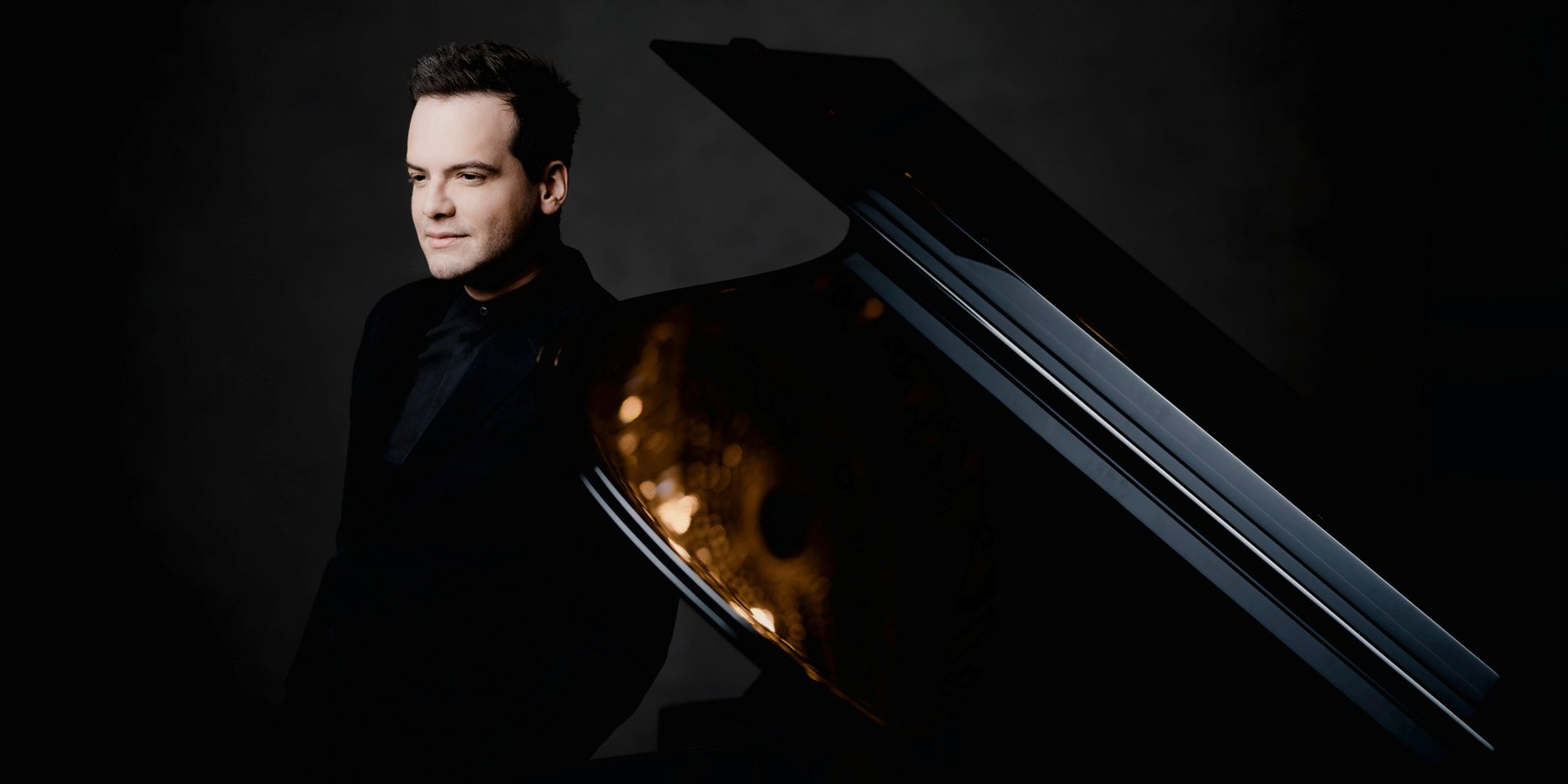After Herbert Blomstedt unfortunately had to cancel his traditional guest appearance with the NDR Elbphilharmonie Orchestra at short notice this year, thankfully an also award-winning conductor, the Latvian Aivis Greters, is stepping in. He will be joined on stage by the young pianist Francesco Piemontesi. On this visit, the old master joins forces once again with the young pianist Franceso Piemontesi. Together they will perform Beethoven's Fourth Piano Concerto before Mozart's »Jupiter« Symphony, a no less ground-breaking classic, follows after the intermission.
Performers
NDR Elbphilharmonie Orchester
Francesco Piemontesi piano
conductor Aivis Greters
Programme
Ludwig van Beethoven
Concerto for Piano and Orchestra No. 4 in G major, Op. 58
Wolfgang Amadeus Mozart
Symphony in C major, KV 551 »Jupiter«
About the programme
Beethoven’s Piano Concerto No. 4 marks a high point in the genre’s history of development. Just like the Symphonies No. 5 and 6, which were premiered at the same time. With its entirely new dynamic between the soloist and the orchestral score, it laid the foundation stone for a tradition of the »symphonic concerto« in the 19th century, which many went on to make one of the cornerstones of their artistic output, not least the likes of Schumann and Brahms.
The famous »Jupiter« Symphony is one of Mozart's last symphonies As an »appeal to eternity«, reffered musicologist Alfred Einstein to the composer’s last three symphonies – in view of the fact he went on to die at an early age. It is not clear why Mozart undertook the composition of these demanding works three years before his death. It was not in response to any official commission. So presumably he simply wanted to create a monument to his talent for posterity – and what a monument it turned out to be! Not long after Mozart’s passing, the finale of the Symphony No. 41 in C Major was declared a »triumph of the new art of music«. As though it was the easiest thing in the world, Mozart had succeeded here in writing a kind of »art of the fugue« that makes light of the heavy in a quite inimitable way.





